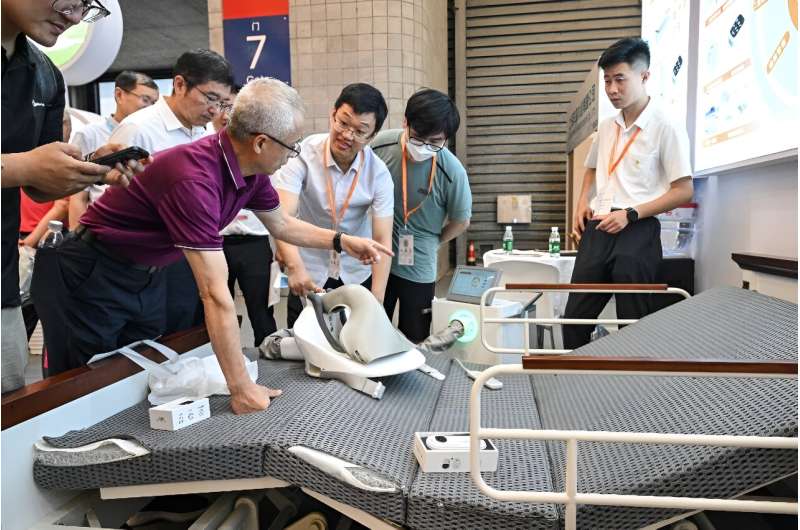China is launching an initiative to encourage its rapidly ageing population to engage in community services and support development efforts as part of a broader strategy to address a declining workforce. With a two-year population decline and fewer births expected in the coming decades, authorities are implementing measures such as delayed retirement to mitigate the demographic crisis.
Last week, a national panel focused on ageing announced plans to revamp its ‘Silver Age’ scheme, initially introduced over two decades ago. This updated initiative aims to expand opportunities for elderly citizens to contribute to various areas, including education, sports, and grassroots governance. The civil affairs ministry emphasized the importance of the elderly’s positive role in community engagement and participation in local governance activities.
By 2028, the ministry aspires for the scheme to play a pivotal role in enhancing social participation and contributions from older individuals. Proposed activities range from community patrols and childcare to supporting the elderly and assisting disabled individuals. Another significant focus is on caring for rural children whose parents work in urban areas.
Additionally, the initiative calls for reserving volunteer positions for elderly workers at major sports facilities, events, and key meetings. This comes in the backdrop of a significant drop in births in 2023, with numbers falling to 9 million and projections indicating further declines. The United Nations forecasts a nearly 40% reduction in the working-age population by 2050 compared to 2010 levels, driven by current fertility rates.
As part of its ongoing efforts, the Chinese government is also considering raising the retirement age, signaling a shift in policies that have remained unchanged for decades. These measures reflect the urgent need to address the economic implications of a shrinking workforce and ensure that older generations can actively contribute to society.



